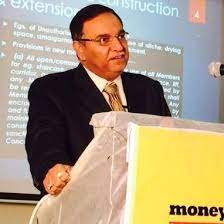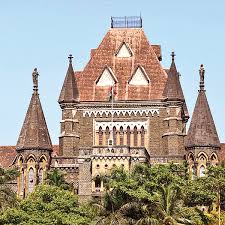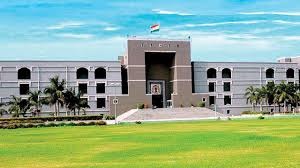By Vinod Sampat, Advocate
If a member is in default and if recovery proceedings are initiated against him, then the provisions of the law of limitation will be applicable. The implication of the judgement, delivered by Bombay High Court on 7th October 2003 in the case of “Versova Gardens CHS Ltd. V/s. Divn. Jt. Reg. (C.S) Mumbai, is that if the Society has not recovered the dues from the defaulting member for three years, then it will be difficult for the society to recover under section 101 of the Maharashtra Co-operative Societies Act, 1960.
Section 101 of the Maharashtra Co-operative Societies Act, 1960 stipulates that if a member of the CO-operative Housing Society has not paid his dues, then the speedy procedure to recover the dues can be invoked by initiating action under Section 101 of the Maharashtra Co-operative Societies Act, 1960 are completed within four months. Legal hurdles with regard to the recording of evidence are not applicable for proceedings initiated under Section 101 of the Maharashtra Co-operative Societies Act, 1960. The Registrar of Co-operative Societies is a quasi judicial authority. One does not have to appoint an Advocate to initiate action u/s 101 of the Maharashtra Co-operative Societies Act, 1960.
Co-operative Societies are advised that they should initiate action against the defaulting members before the Law of Limitation period otherwise Co-operative Societies would not be able to take advantage of Section 101 of the Maharashtra Co-operative Societies Act, 1960. It will not be out of place to mention that the officer bearers of the Society are normally rendering honorary services and it is difficult for them to go the court which besides being time consuming is also expensive.
In the event, Society has not recovered the dues from the members within a period of three years then in such circumstances the societies are advised to file a dispute under Section 91 of the Maharashtra Co-operative Societies Act, 1960 where the period of limitation is not restricted to three years. The reason for the same is Section 92 (1) (b) of the said Act provides that notwithstanding anything in the law of Limitation, 1963, disputes can be filed under Section 91 of the Maharashtra Co-operative Societies Act, 1960 against the past members within a period of Six years from the date the person ceases to be a member of the society. Normally, the membership of member continues and therefore, there is no restriction with regard to taking action against the defaulting member under Section 91 of the Maharashtra Co-operative Societies Act, 1960. However all the legal formalities of regular suit like recording of evidence, framing of issues, cross examination arguments etc. will be applicable.
Co-operative Societies as well as persons desirous of obtaining copy of the said judgement will compel office bearers of the society to initiate recovery action 1960 within a period of three years failing which the societies might lose their right to recover the amounts that could be recovered otherwise by the Society.






I have cleared my principle amount but society has credited in interest recd Can they do?
Suppose a scty has already sent notices of recovery to d defaulter even before d debt has become 3 yrs old, will d law limitation be applicable to d case ?
The society failed to give details of dues outstanding of member despite reminders and non reply of any letters, non reply if notices issued by deputy registrar,not appear before Dy.Registrar on hearing,the enquiry officer appointed, without election new committee made, consist of 2 defaulters , 2 non members , whether it is valid legally , the society denied refused to give copy of minutes of Manging committee meetings held.